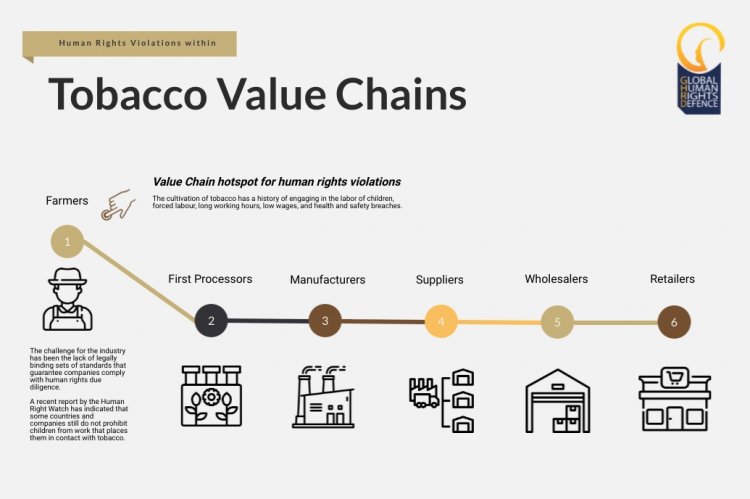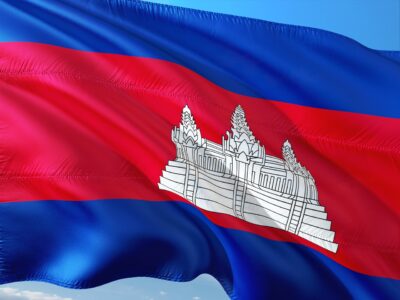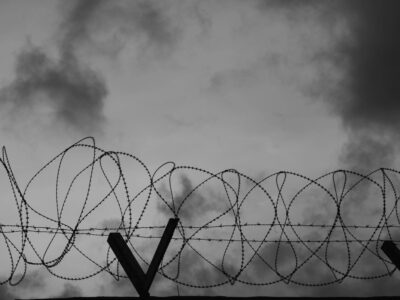According to the International Labour Organization (ILO), approximately 21 million people are victims of forced labour. Worker victimization may take a number of different forms, including human trafficking, low wages, long working hours, unhealthy working conditions, and other modern-day equivalents of slavery.








Comments